Ethanol-fueled solid oxide fuel cells with HEA internal reforming catalyst for transportation applications
Green Car Congress
AUGUST 27, 2023
Researchers from Lawrence Berkeley National Laboratory and the University of Connecticut have demonstrated high-performance metal-supported solid oxide fuel cells (MS-SOFC) with an integrated high entropy alloy (HEA) internal reforming catalyst (IRC) for transportation applications using ethanol and methanol as fuels. —Hu et al.















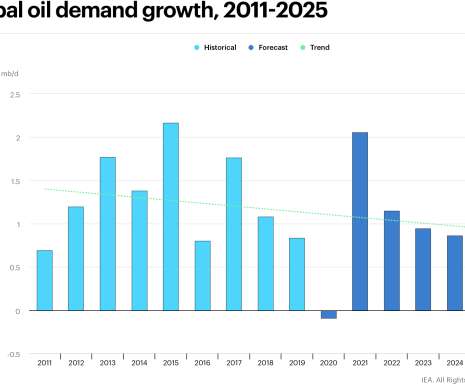


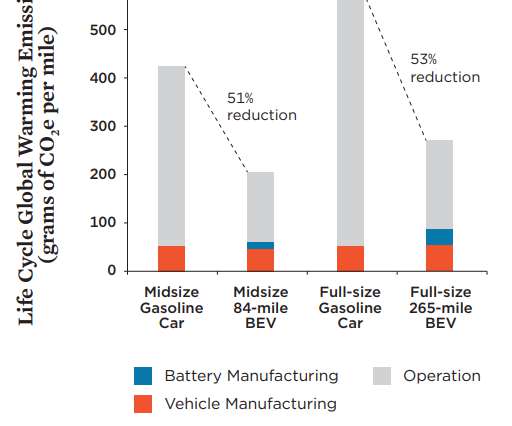
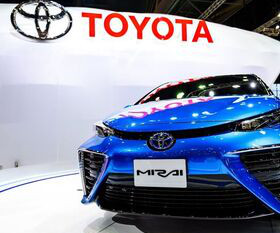


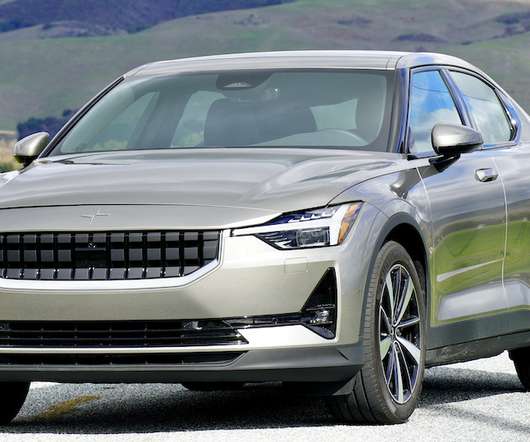



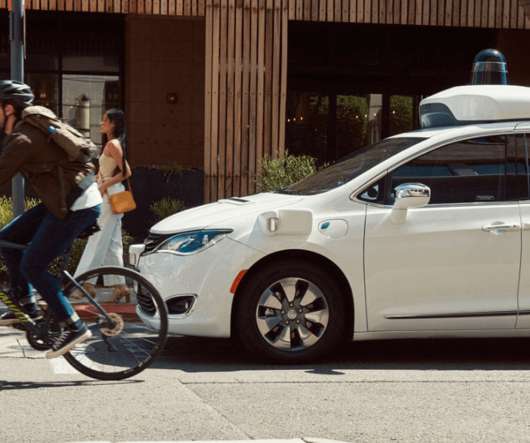














Let's personalize your content